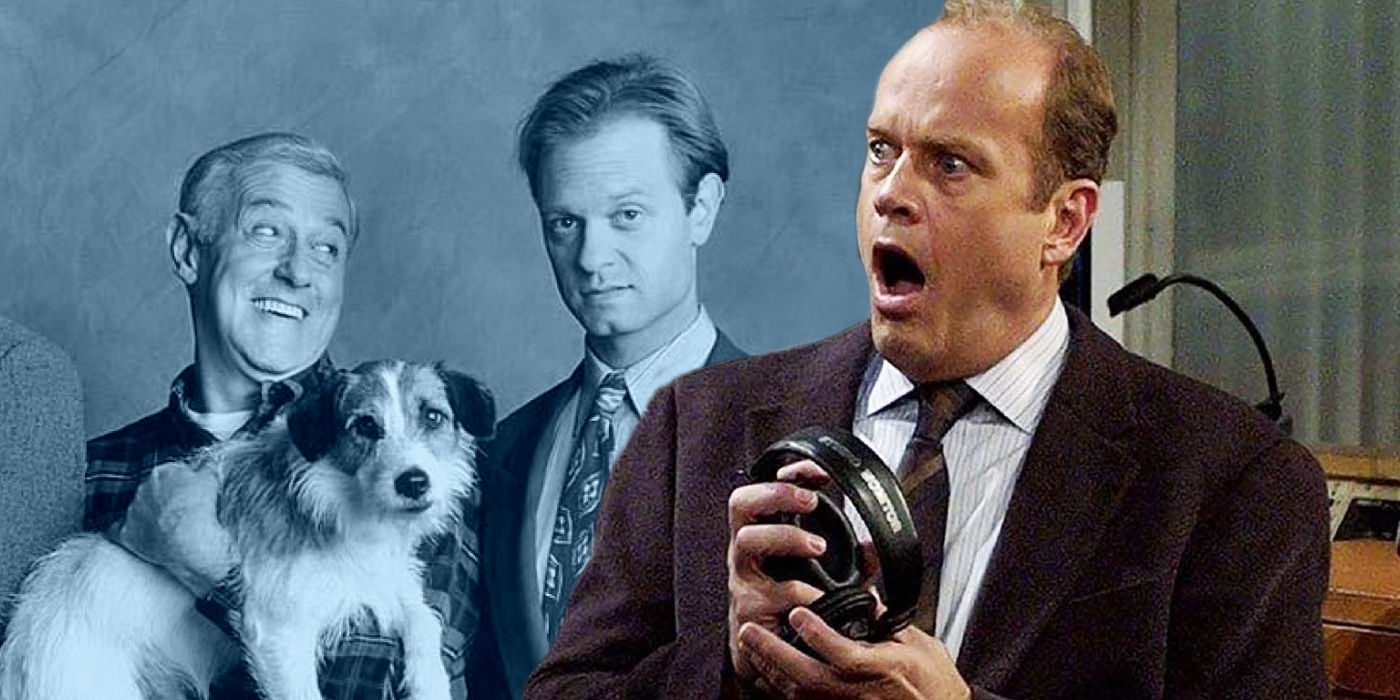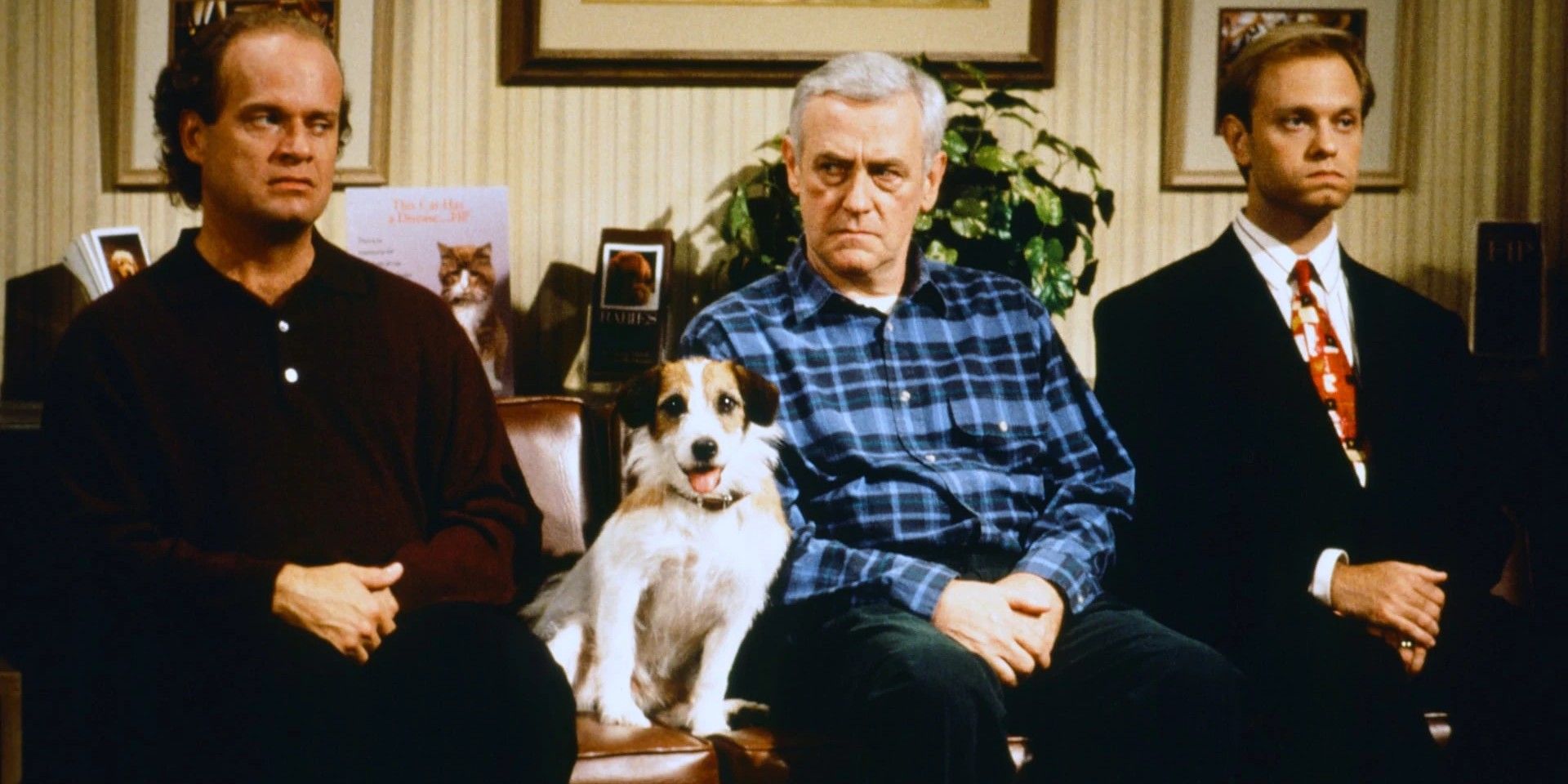One TV lover's summary of Frasier's premise points out exactly why the show wouldn't work if pitched today. Taking Kelsey Grammer's Boston-based psychiatrist from Cheers and moving him out to Seattle, Frasier follows its titular character as he navigates his career as the host of a therapy-based radio talk show while simultaneously balancing his family life. Frasier's success has long outlasted the show's initial run, retaining much of its popularity through its large cult following.
After Cheers ended in May of 1993, Frasier Crane's spinoff was set. In September 1993, Frasier first hit the air, establishing its titular character as one of the most iconic sitcom protagonists of all time. Though Frasier continued to work as a therapist, the premise of the spinoff was incredibly distinct from that of Cheers - something which saw the titular character change considerably. Frasier's focus was more on the exploits of the Crane family and on Fraiser's own work, moving away from Cheers' leanings towards comedic '80s social commentary and establishing itself as a more intimate look at the depth of Frasier Crane's character.
However, one viewer's analysis of the show (via Twitter) points out just how much society has changed since Frasier first aired. Describing the show as “two rich white men who do whatever they want without consequence, and their cop father” may seem oversimplistic, but at its core, that's essentially what Frasier's central premise amounts to. The social landscape has changed so drastically in the years since that it's hard to imagine such a show being greenlit today due to the overwhelming backlash that it would almost certainly cause.
In the early 1990s, the social climate was skewed very differently. Though some would argue that the burning issues that plague society today were no different during Frasier's initial run, the general public's perception of them was very different. Recent high-profile cases that have captured the world's attention are the murders of George Floyd and Breonna Taylor, as well as countless reports of institutional prejudice and abuses of power. On top of that, there is growing awareness and discontent with how the wealthy and privileged live by a different and more lax set of rules. These have proved huge points of societal contention, and have therefore shifted how the conversation on certain topics is achieved.
Though the behavior of Frasier's main characters is generally unproblematic, the show's general lack of diversity and the social status of its characters mean that its premise can be painted in a very unflattering light when viewed through a modern lens. This would make Frasier's central premise divisive to a modern audience, as it focuses on subsections of society that have since come under fire. It also seriously underrepresents many groups, and its focus is primarily on issues that simply aren't as relevant to a modern audience.
Ultimately, despite Frasier's massive success, it's not a show that would be likely to get made in today's social climate. The issues affecting society in recent years mean that its characters' professions and status can be looked upon in an unflattering (and unintended, as far as Frasier is concerned) light. Unfortunately, though radio psychiatrist Frasier Crane, his wealthy brother, and their retired police officer father helped the show achieve its winning formula, it seems that Frasier would likely prove too divisive if it were pitched today.


